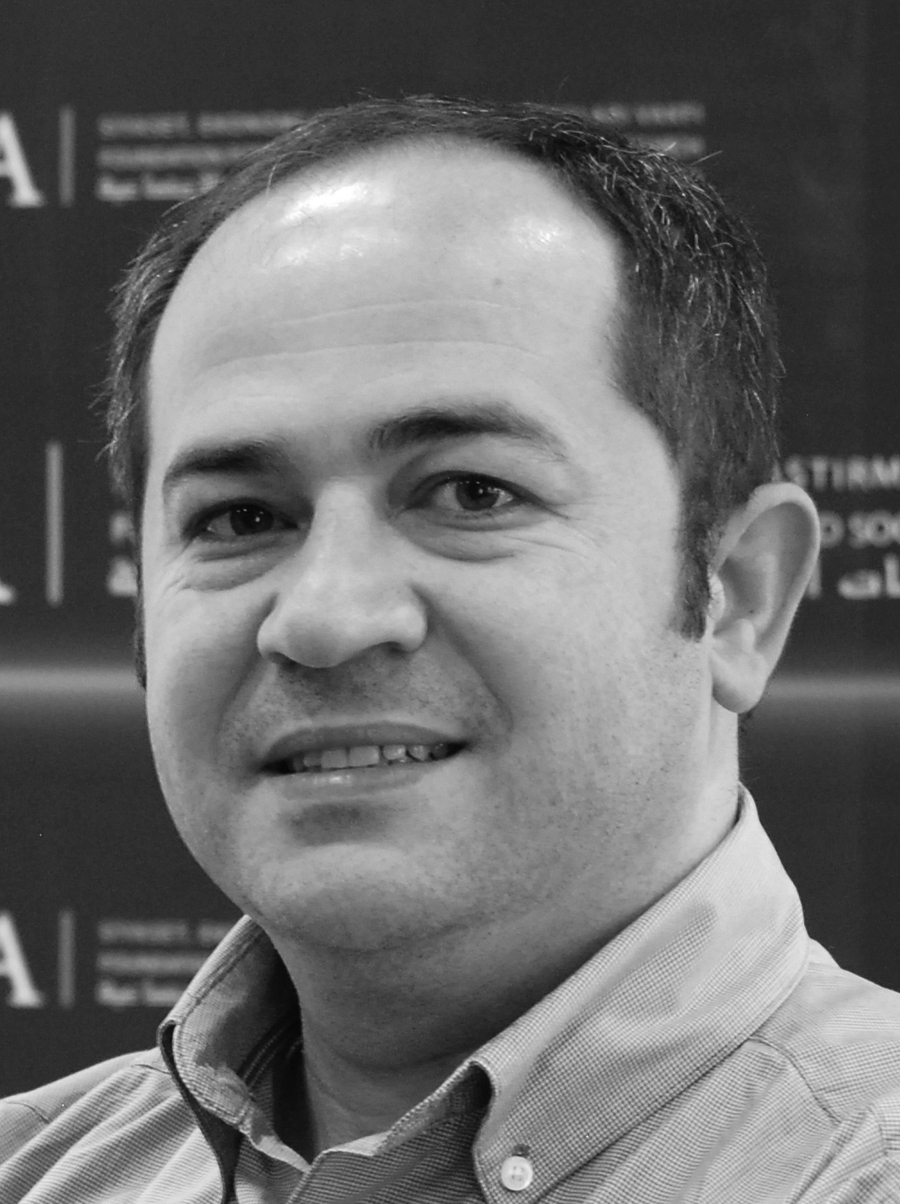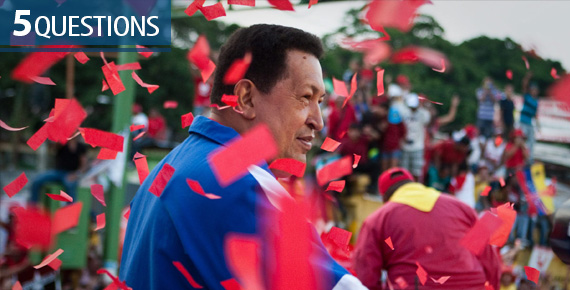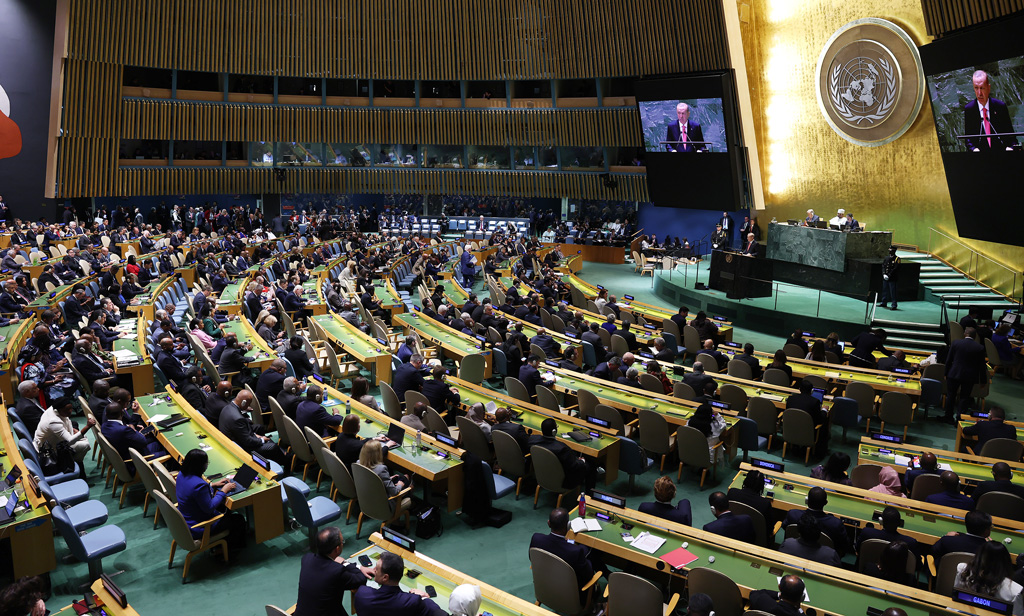Two weeks ago when the Constitutional Reconciliation Commission started drafting the new constitution, the Deputy Prime Minister Bekir Bozdag voiced his support for a switch to the presidential system provoking debates on a potential switch to the presidential system yet again. While actors from the AK Party notably the Prime Minister voiced their support for a switch to the presidential system, parties in opposition reacted with anger and did not want to discuss it.
This is not the first time these debates have surfaced in Turkey. All of the powerful Prime Ministers, who formed a government alone, voiced their support for a switch to the presidential system while they were in power or after they left office. Since 1980s, Özal (1987), Demirel (1997) and Erdogan (2010) brought into question the presidential system in almost every decade. Political actors in opposition attributed these debates to the personal carrier plans of prime ministers while debates failed to receive a considerable support from the public opinion.
The new context of the old debate
These debates surfaced in the wake of the struggle against tutelage. We are discussing presidential system in a time when the new constitution is being drafted. Therefore, one must differentiate these debates from the previous ones and consider current debates from the perspective of new Turkey. First of all, in previous debates actors were only seeking a change in the political system rather than a radical change in the constitutional system. These debates—which were carried out when the 1982 Constitution was in force—were different from current debates in that today Turkey is undergoing a new constitution-making process. Therefore pre-new constitution period is an appropriate time to discuss the disadvantages of the current political system and to pursue the quest for a new political system.
Second of all, in previous debates, the presidential system was considered as a tool to free the executive from tutelary control. During those times debates on a potential switch to a presidential system indicated a demand for a more powerful executive. The lying reason behind powerful Prime Ministers’ demands for a presidential system was their quest for the elimination of bureaucratic tutelage. However Turkey weakened the tutelary system. Today it already has opportunities for a more powerful executive. Therefore it is the quest for a better political system that lies behind current debates. Today Turkey does not discuss the presidential system as a means to eliminate the tutelary system or to have a more powerful executive. Today Turkey brings into question the presidential system in order to have a better political system.
Need for a new system
To date the main concern of those who was in quest of a new political system has been to sustain the tutelary regime. When a parliamentary system was introduced with the 1961 Constitution and the 1982 Constitution restored the parliamentary system by expanding the authorities of the President, the main concern was to sustain the regime given the mistrust in national will. Our political system was revised in order to strengthen the regime and to grant more crucial positions to tutelary actors in politics. Due to these concerns, the 1982 Constitution brought about a political system “unique to Turkey” by combining the semi-presidential system and parliamentary system.
In the last decade Turkey has, however, struggled against the tutelage and it has fundamentally changed the instruments of the political activity. Constitutionally guaranteeing and institutionalizing the gains of this struggle served as a significant starting point for the new constitution. Similarly a new quest for a new political system was necessary in addition to the struggle against tutelage because to date the preoccupation with the regime survival and priorities of tutelary actors shaped the political system. Moreover, the political decision-making proces









